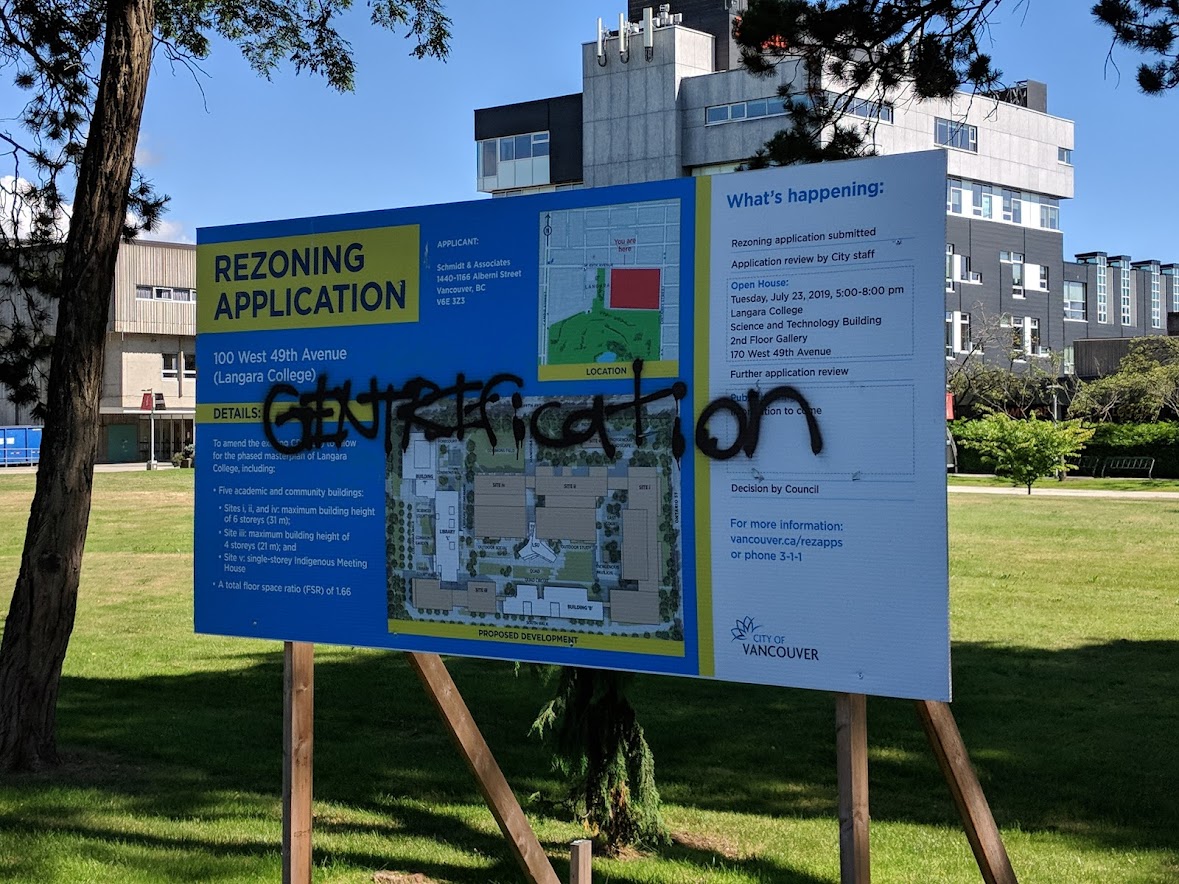
By Rohana Rezel
Here’s a simple three-point plan to make housing affordable in Canada:
- One SIN one home
- Penalize Airbnb and other short-term rental platforms for illegal units
- Fund massive build out of non-market rentals
1. One SIN one home (OSOH)
Every home purchase must be linked to a Social Insurance Number (SIN). And one SIN can only be attached to one home. Each home not linked to SIN to be taxed both at time of purchase and annually thereafter.
OSOH will make it prohibitively expensive to use homes for any purpose other than as a primary residence. Bona fide developers should be exempted from the OSOH requirement as long as they build new housing or rehabilitate unlivable housing in a reasonable amount of time.
OSOH will automatically capture foreign and corporate buyers, obviating the need for additional complicated measures to deter them.
OSOH will be much easier to monitor and enforce, and much harder to evade than existing measures aimed at protecting the housing stock from predatory actors.
2. Penalize Airbnb and other short-term rental platforms for illegal units
The vast majority of units on Airbnb and other short-term rental platforms currently violate various municipal bylaws. Airbnb and other platforms profit off these law-breaking, but are not held liable for the actions of their scofflaw operators.
For every violation that is not addressed within 24 hours, Airbnb and other rental platforms should be penalized up to $20 million or 4 percent of their worldwide turnover for the preceding financial year—whichever is higher.
Municipalities are playing a game of whack-a-mole going after individual scofflaw short-term rental operators. Going after the platforms will be easier from an enforcement perspective.
3. Fund massive build out of non-market housing
There is a shortage of affordable rentals in Canada. This is particularly true in cities such as Toronto and Vancouver. The market has proven itself incapable of building truly affordable rental housing.
The federal government needs to fund all forms of non-market housing including social, supportive, and co-op housing. The federal government should take the leadership and work with the provinces and municipalities to kick-start the rapid build out of such non-market housing.
Contact the Author
You can reach Rohana Rezel at [email protected]. You can also find him on Twitter, Facebook and Github.
The OSOH idea seems intriguing, but I don’t see how it would prevent satellite families from putting one home in each family member’s name.
The other difficulty with these ideas is that they would cause real estate prices to drop. Personally, I would find that commendable, but the 70+% of the population who own homes would be furious. Any politician putting such policies in place would have his or her head handed to them on a platter. That is why we will get more government grants, or lower down payments, or extended amortization periods etc. etc. All those are policies which politicians say “help with affordability” when in fact all they do is drive housing prices higher.
amazing idea. It’s awesome. Its similar model in India but for other things not housing.
I think more non-market housing will aggravate the problem; is already part of the problem. The market can’t compete with the government as a housing provider, so it abandons any market segment the government serves. That’s why the market has been building only the luxury crap that attracts foreign investors (snowball effect). So I’d suggest using the permit process to force development into the affordable range (let’s hear arborite countertops, not granite), and simultaneously curtailing “social housing.” As a third rail, a reminder that social housing is meant to be temporary for most people, and its residents, once stable, be scaffolded into the market (see permit process, above) so that newly-needy can get the respite that social housing offers.